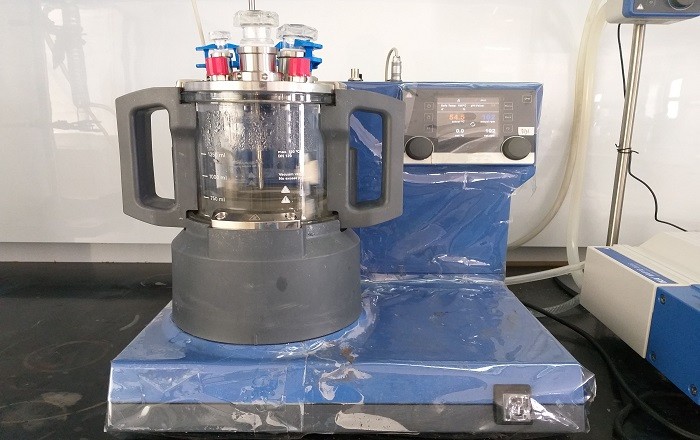About Us
Founded in 1960, The Dovechem Group is one of the leading chemical group companies in Asia Pacific engaged in Distribution, Manufacturing, Terminal and Logistics for the petrochemical related industries.
PT. Dover Chemical, located in Merak, Banten, Indonesia was established as an Indonesia PMA chemical company under the Dovechem Group in 1980. Learn More
Product & Services
Latest News
Latest Gallery

11 March 2019
Fire Fighting Competition 2019

29 October 2018
Labs

24 October 2018
Company Tour
24 October 2018
Factory

24 October 2018
Corporate Social Responsibility (CSR)
24 October 2018
Our Employees
11 December 2015
Logistic




